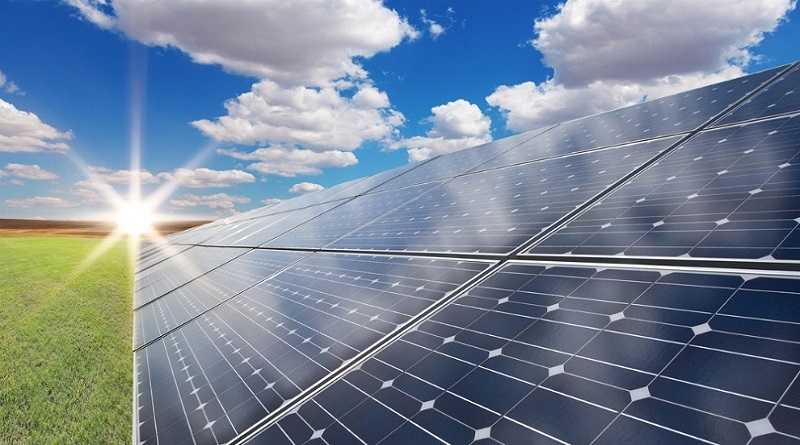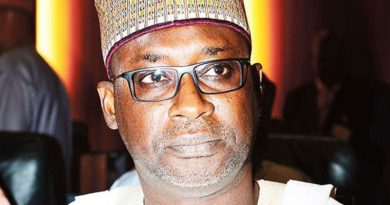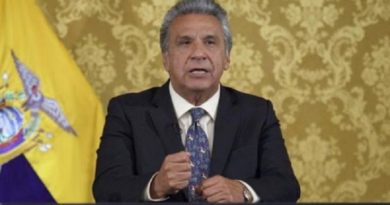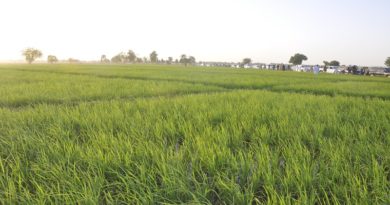ECOWAS to invest $200m in solar electricity in Nigeria, 18 others
The Economic Community of West Africa States (ECOWAS) is set to enhance sustainable electricity access through solar in 19 countries in West Africa and the Sahel region to promote development in the region.
This is the outcome of a meeting of stakeholders from the energy sector, at a regional workshop to develop modalities to implement the Regional Off-Grid Electrification Project (ROGEP) which held in Accra, Ghana.
ROGEP aims to enhance electricity access in West Africa and the Sahel region, through standalone solar systems including solar lanterns, solar home systems, solar water pumps, solar mills, among others.
The ECOWAS Commissioner for Energy and Mines, Mr Sédiko Douka, told the News Agency of Nigeria (NAN) that only 40 per cent of the population within the region had access to electricity supply.
“The objective of the meeting is to see mechanisms for the implementation of the project because close to 200 million have no access to electricity and this project is very welcome to increase electricity access.
“Our team at the ECOWAS Commission just resumed in March and within our four-year mandate, our objective is to increase electricity access to at least 60 per cent of the population.
“We have been having several energy meetings within the energy sector and on Thursday we will have the meeting of all ECOWAS ministers of energy.”
He added that the project, sponsored by the World Bank, would “will kick-off in 2019”.
The project, with an estimated overall budget of $200 million, includes 19 countries.
They are Benin, Burkina Faso, Cabo Verde, Cote d’Ivoire, Gambia, Ghana, Guinea, Guinea Bissau, Liberia, Mali, Niger, Nigeria, Sierra Leone, Senegal, Togo, Cameroon, Central African Republic, Chad, and Mauritania.
The Practice Manager, Energy and Extractive Global Practice of the World Bank Group, Wendy Hughes said that the off-grid technology had shown to provide “real and sustainable alternative to grid electricity.”
Hughes added that the cooperation of member countries in building “a large, unified off-grid solar market will increase access to these modern energy devices”.
“Adopting common quality standards for solar off-grid products that are uniform across the entire region will in effect create a single large market that will be far more attractive to private solar companies.
She further advised member states to work together to develop a comprehensive regional standard that would identify individual country’s priorities.
The project, developed in Dec. 2015, would be implemented by the ECOWAS Centre for Renewable Energy and Energy Efficiency (ECREEE) in Jan. 2019.
Mr Mahama Kappiah, Executive Director, ECREEE said modalities were put in place to train local entrepreneurs in the energy sector to ensure ownership of the project and affordable energy for member states.
“One way we are trying to make energy affordable through this project is using our local entrepreneurs, not foreign entrepreneurs or those who call themselves expatriates and pay themselves very high salaries we have to pay for.
“We are also providing finance to these entrepreneurs and for the first phase, we have $140 million as credit line that will go to these local entrepreneurs which they can contract through the commercial banks at very low interest rate.”
Kappiah said that training had begun with 48 entrepreneurs from the 19 countries on adopting effective models to ensure the viability of the project.
He said that the World Bank was supporting the first phase of the project with $200 million adding that member states were not financially supporting the project “for now”.
“Only a credit line scheme that we have negotiated with the World Bank that we put at the disposal of our private enterprises solely for this job.
“From January, the $140 million will kick in from monies made available by the World Bank.”
By Temitope Ponle




